Boosting Fertility with PCOS: A Holistic Approach
Did you know? PCOS and fertility issues affect nearly 1 in 10 women in their childbearing years. This condition is one of the leading causes of infertility, making it a significant challenge for women looking to conceive.
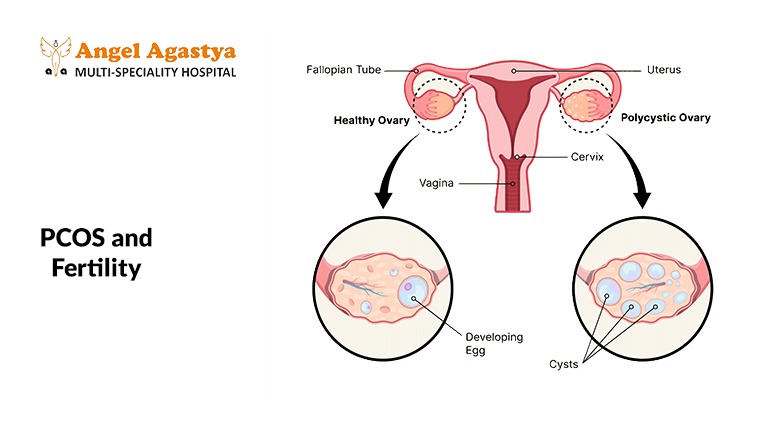
Struggling with infertility due to PCOS can feel like an uphill battle, but with the right tools, you can take control of your reproductive health and improve your chances of conceiving naturally.
Introduction
Polycystic Ovary Syndrome (PCOS) is a hormonal disorder that affects millions of women globally, making it one of the leading causes of infertility. While the diagnosis of PCOS and fertility issues can feel overwhelming, there is good news. Through a combination of lifestyle changes, dietary improvements, and complementary therapies, many women with PCOS can enhance their fertility naturally. In this guide, we will explore a holistic approach to boosting fertility and improving reproductive health for women with PCOS.
PCOS and Fertility: A Complex Relationship
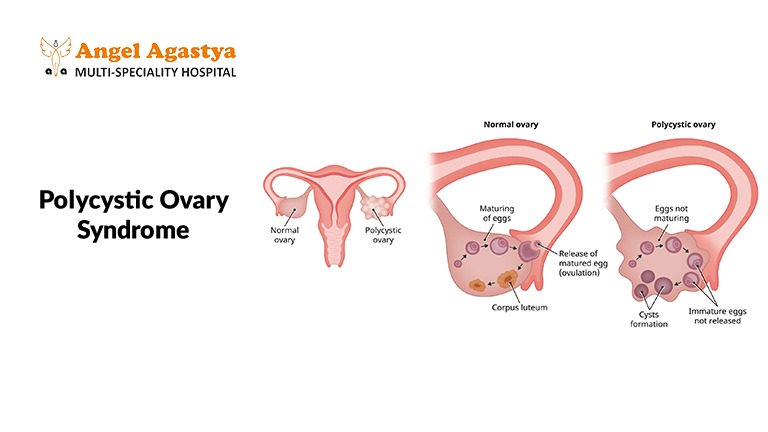
PCOS impacts fertility in multiple ways, from hormonal imbalances to challenges with ovulation. However, understanding the relationship between PCOS and fertility is key to finding solutions that work for you.
Understanding PCOS
PCOS is a condition characterized by irregular menstrual cycles, cysts on the ovaries, and elevated levels of male hormones. Women with PCOS and fertility issues often struggle with irregular ovulation, which decreases the chances of conceiving naturally.
Impact on Fertility
- Irregular Ovulation: The most common reason for fertility challenges in PCOS is irregular or absent ovulation, meaning fewer opportunities for conception.
- Hormonal Imbalances: Elevated levels of insulin and testosterone can further interfere with normal ovulation, affecting PCOS and fertility.
- Uterine Lining Issues: In PCOS, the endometrial lining can sometimes be too thin to support implantation, making it difficult for a fertilized egg to attach.
Addressing these fertility-related issues begins with understanding the underlying mechanisms of PCOS and tailoring treatments to meet individual needs.
Lifestyle Factors Affecting Fertility
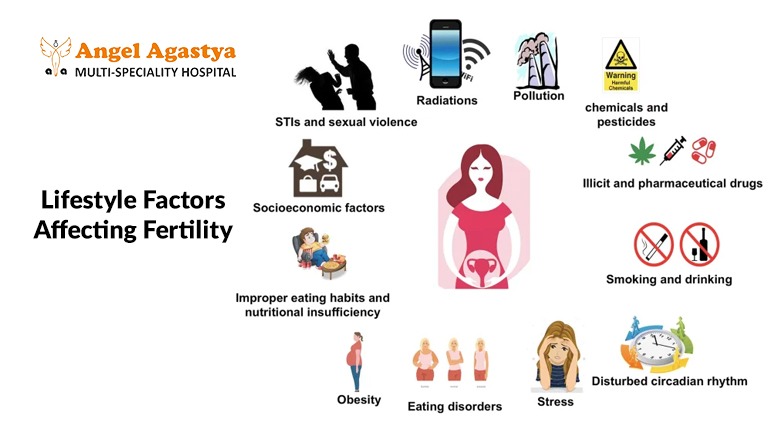
Lifestyle modifications are often the first step in improving fertility for women with PCOS. Research shows that a combination of healthy eating, regular exercise, and stress management can make a significant difference in improving PCOS and fertility outcomes.
Weight Management
For women with PCOS, even a modest weight loss of 5-10% can significantly improve fertility by restoring regular ovulation. Excess weight contributes to insulin resistance, making it harder for the body to regulate hormones essential for conception. A balanced diet combined with regular physical activity is key to effective weight management, positively impacting PCOS and fertility.
Healthy Diet
Eating a well-balanced diet is crucial for enhancing fertility. A fertility-friendly diet should focus on whole, nutrient-dense foods, such as:
- Fresh fruits and vegetables
- Lean proteins like chicken, fish, and legumes
- Whole grains such as quinoa and oats
- Nourish your body with nature’s goodness: avocados, nuts, and olive oil
These foods support hormone regulation and can help reduce inflammation, which is often a complication in women with PCOS and fertility issues.
Regular Exercise
Exercise plays a dual role in managing PCOS and improving fertility. It enhances insulin sensitivity, which helps regulate hormones and ovulation. Cardiovascular exercises like brisk walking, swimming, and cycling, combined with strength training, offer comprehensive benefits to those dealing with PCOS and fertility challenges.
Stress Management
Chronic stress can affect hormone levels and disrupt the menstrual cycle, further complicating fertility efforts. Incorporating stress-relieving techniques such as yoga, meditation, and breathing exercises into your daily routine can help manage stress and improve your chances of conception by positively impacting both PCOS and fertility.
Dietary Strategies for Boosting Fertility with PCOS
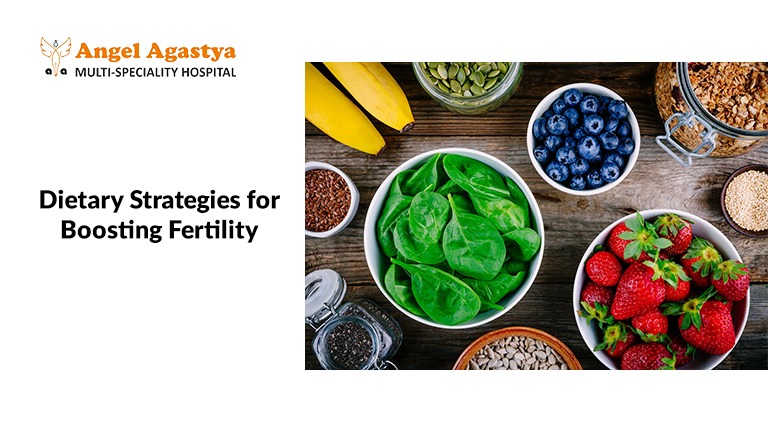
Diet plays a crucial role in improving fertility outcomes for women with PCOS. What you eat can directly influence your hormonal balance and overall reproductive health, particularly in the context of PCOS and fertility.
Nutrient-Rich Foods
Eating plenty of foods with vitamins, minerals, and antioxidants can significantly enhance PCOS and fertility. Nutrients like folic acid, vitamin D, omega-3 fatty acids, and iron are especially important for women trying to conceive. Some fertility-boosting foods include:
- Leafy greens (spinach, kale)
- Berries (blueberries, raspberries)
- Fatty fish (salmon, sardines)
- Nuts and seeds (almonds, chia seeds)
- Anti-Inflammatory Foods
- Enjoy the anti-inflammatory benefits of turmeric, ginger, green tea, and fatty fish to support reproductive health.
These foods are rich in the essential nutrients required to boost fertility in women dealing with PCOS and fertility issues.
Anti-Inflammatory Foods
Including anti-inflammatory foods such as turmeric, ginger, green tea, and fatty fish in your diet can support reproductive health. Reducing inflammation can also help balance hormones, which is crucial for managing PCOS and fertility.
Supplements
Many women with PCOS and fertility issues may benefit from certain supplements. For example, Myo-inositol has been shown to improve ovulation and insulin sensitivity in women with PCOS. Other beneficial supplements may include omega-3s and vitamin D. Before trying new supplements, talk to your doctor.
Lifestyle Modifications for Fertility Enhancement

To maximize fertility potential, adopting specific lifestyle habits is essential. These habits can be incorporated daily to gradually improve reproductive health.
Regular Exercise
Consistency in physical activity is key. Get at least 150 minutes of moderate exercise each week. Try activities like brisk walking, swimming, or cycling. Resistance training, such as weightlifting or bodyweight exercises, can also improve muscle mass, insulin sensitivity, and metabolism, all of which are beneficial for fertility.
Sleep Hygiene
Quality sleep is essential for hormone regulation. Get 7-9 hours of good sleep every night. A well-established bedtime routine, limiting screen time before bed, and maintaining a cool, dark room can promote better sleep quality.
Stress Reduction
Engaging in mindfulness practices like meditation or journaling can help regulate cortisol levels, a stress hormone that can negatively impact fertility. Scheduling time for hobbies, relaxation, and self-care can also make a meaningful difference.
Complementary and Alternative Therapies
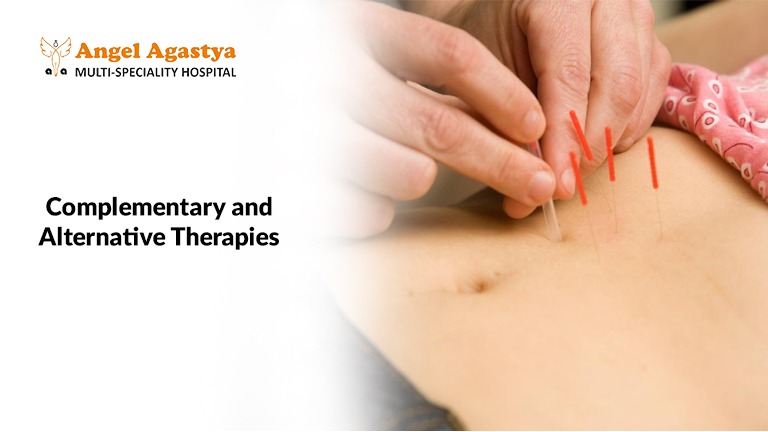
Beyond diet and lifestyle modifications, complementary and alternative therapies may offer additional support in improving fertility for women with PCOS.
Acupuncture
Acupuncture has been gaining popularity as a complementary therapy for fertility. Studies suggest that acupuncture may help regulate menstrual cycles, improve blood flow to the reproductive organs, and reduce stress, all of which can enhance fertility.
Herbal Remedies
Herbs such as chasteberry (vitex) and maca root have been used traditionally to promote hormonal balance and improve fertility. However, it’s essential to consult with a healthcare provider before beginning any herbal remedies to ensure safety and efficacy.
Mindfulness and Meditation
Mindfulness practices, such as meditation or mindful eating, can improve emotional well-being and reduce the anxiety often associated with fertility challenges. A calm mind and reduced stress levels contribute to hormonal balance and overall reproductive health.
Seeking Medical Assistance
While natural and holistic approaches can greatly improve fertility, some women may need medical intervention to conceive.
When to Consult a doctor
If lifestyle changes and holistic methods do not result in pregnancy after 6-12 months of trying, it may be time to consult a fertility specialist. Women over the age of 35 should seek medical advice after six months of trying to conceive.
Fertility Treatments
Your doctor may recommend possible treatments such as:
- Ovulation induction: Medications like Clomid or Letrozole to stimulate ovulation.
- In Vitro Fertilization (IVF): A more advanced procedure where eggs are fertilized outside the body and then implanted into the uterus.
- Metformin: Commonly used in women with PCOS to improve insulin sensitivity and regulate ovulation.
A specialist can guide you through these options and help determine the best course of action based on your individual circumstances.
Conclusion
Boosting fertility with PCOS requires a holistic approach that combines lifestyle changes, dietary improvements, and in some cases, medical interventions. By focusing on weight management, incorporating fertility-enhancing foods, and reducing stress, women with PCOS can significantly increase their chances of conceiving. For those seeking additional support, therapies like acupuncture and herbal remedies, combined with the guidance of healthcare professionals, offer a well-rounded strategy for improving reproductive health.
At Angel Agastya Hospital, led by Dr. Kalpana Aggarwal, we specialize in helping women with PCOS navigate their fertility journey. With personalized care plans, our team is dedicated to offering comprehensive support for fertility and overall well-being.
FAQs
Can PCOS be reversed?
While PCOS cannot be cured, its symptoms, including infertility, can be managed through lifestyle changes and medical treatments.
What are the signs of infertility in PCOS?
Irregular or absent periods, difficulty tracking ovulation, and hormonal imbalances are common signs.
Can I conceive naturally with PCOS?
Yes, many women with PCOS conceive naturally by improving their diet, exercise, and stress management routines.
What are the best foods to eat for fertility with PCOS?
Focus on anti-inflammatory, nutrient-rich foods like leafy greens, lean proteins, and healthy fats.
How long does it take to see results from lifestyle changes for PCOS fertility?
It can take anywhere from 3-6 months to notice improvements in ovulation and menstrual regularity.
Are there any over-the-counter supplements that can help with PCOS fertility?
Myo-inositol and omega-3 fatty acids are commonly recommended but should be taken under medical supervision.
Should I see a doctor about fertility if I’ve been trying for a year?
If you’ve been trying to conceive for over a year (or six months if over 35), it’s time to consult a doctor.
What are the risks and benefits of fertility treatments?
Risks include multiple pregnancies and ovarian hyperstimulation. The benefits are increased chances of conception.
Can stress affect fertility in women with PCOS?
Yes, chronic stress can disrupt hormone levels and impair fertility.
Can I have a healthy pregnancy if I have PCOS?
Absolutely! With proper care and lifestyle management, women with PCOS can have healthy pregnancies.

